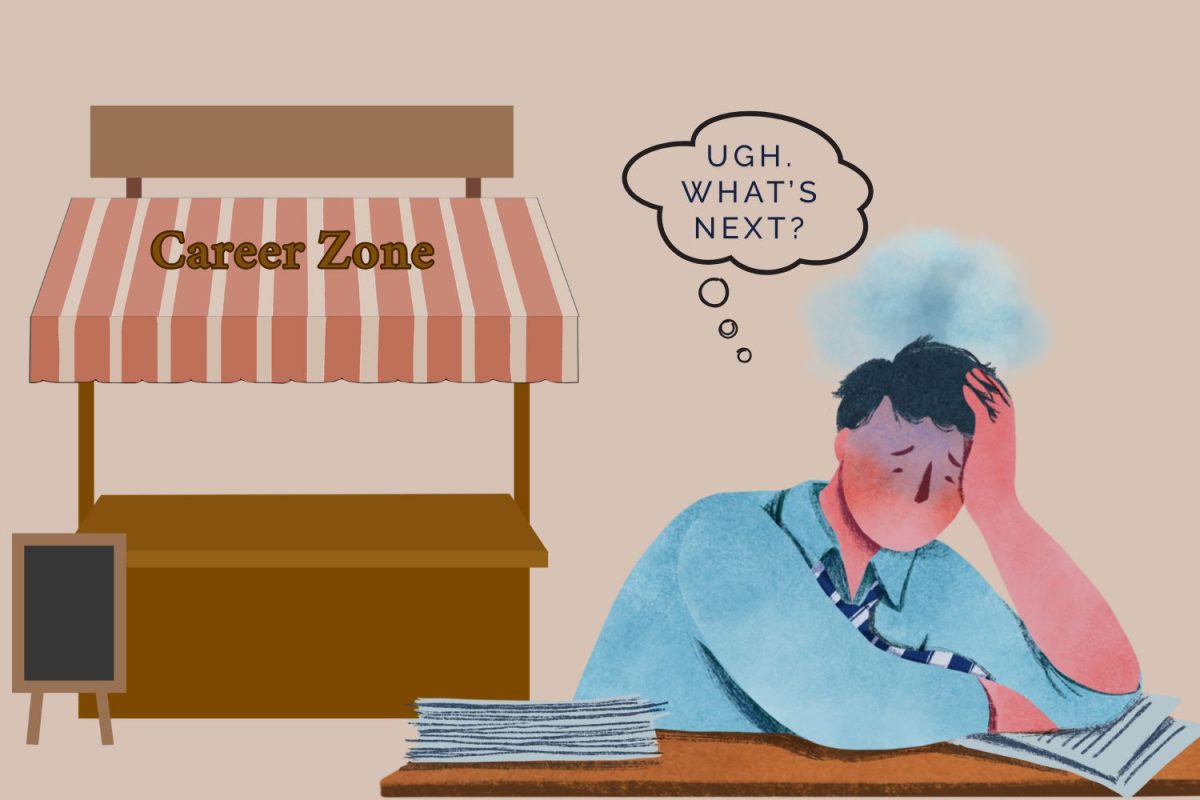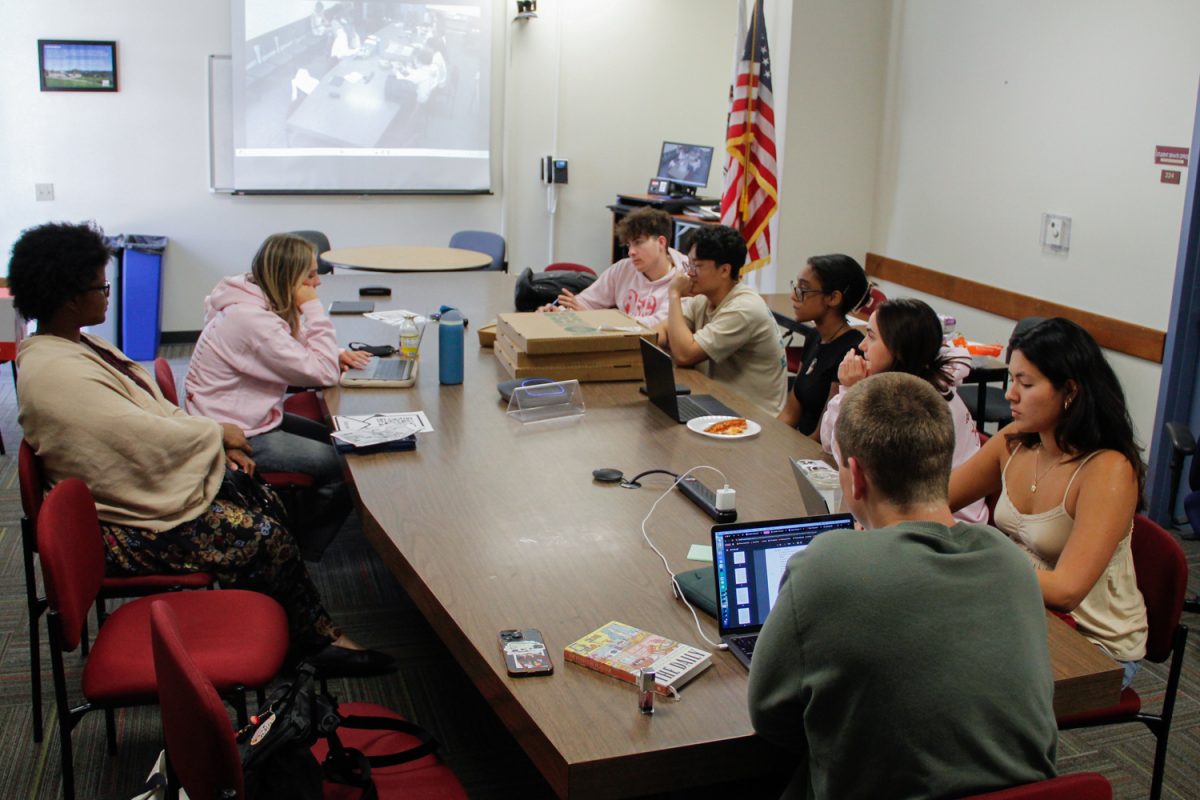Chromebook carts can be found in most classrooms, but they’re seldom used by students, as most bring their own devices to use in class. There has been a relatively recent discovery that an abundance of these carts that have sat nearly empty for months.
In March of 2020, nearly 2,000 Chromebooks were stockpiled from campus classrooms and reappropriated as library property to be used for online learning. Additionally, as City College received funding during COVID-19, some of that money was used to buy more Chromebooks for this endeavor.
According to library technician Camerin Poulson, about 706 Chromebooks are currently out on loan to students until the end of the fall semester. There now remain only 80 Chromebooks that are not currently being loaned to students on campus.
That leaves over 600 City College owned Chromebooks absent from campus.
“I wouldn’t say that they’re going missing, as far as the library is concerned,” Poulson said. “It’s really because students don’t bring them back. There are probably about 1,000 Chromebooks that are checked out to students who no longer attend [City College] alone.”
City College is facing a tough challenge regarding the maintenance and replacement of these devices due to limited IT personnel, as well as budget constraints, according to Ramirez.
“It’s important that students have access to those Chromebooks,” Ramirez said. “[But] there is an expected attrition when it comes to these devices. […] so we do try to hold students to account for that because they have debts to the campus that they need to return.”
City College was able to purchase many of these Chromebooks through federal funding during the pandemic. What appears to be a drain directly on City College’s resources is, in fact, instead coming out of federal funds acquired during the COVID-19 pandemic.
“[We had money] from the state and the feds also,” said Beth Taylor-Schott, dean of distance education, learning support services, and the library. “We were using [it to] suddenly buy just a huge number of Chromebooks that we hadn’t had before, for students to check out.”
According to Schott and Poulson, holding offending students accountable is a challenge. City College is also currently experiencing an enrollment shortage, and even then, most offenders no longer attend City College.
“They dropped out of school,” Poulson said. “They didn’t really care. They never came back. I don’t know exactly what their reasonings were, but everything was very chaotic during COVID-19, obviously.”
Still, Poulson understands the issue from the student’s perspective.
“Another part of this is that [the Chromebooks] are checked out for an entire semester. […] It’s like that process of checking it out for a semester makes them kind of forget they have to return them.”
Poulson also noted that recovering unreturned Chromebooks is hard, as Chromebooks generally have short shelf lives.
According to Ramirez, consolidating computer spaces on campus is a simple way to create student gathering areas, as well as to reallocate personnel, which could pose a possible solution to the Chromebook dilemma.
Fully stocked unused Chromebook carts may be moved to the library for further student loans; this would come with the added inclusion of Chromebooks into the Promise program or EOPS, as suggested by Poulson.
“It’s only a couple hundred bucks,” Poulson said. “That’s as much as a textbook in a lot of cases. If they have the funding for it, give them a Chromebook, because I think that some of their textbooks and things are [also] paid for by EOPS.”












![Ken Watts uses the cable chest press machine on April 9 in Santa Barbara, Calif. "[What] people value the most in personal training is accountability," Watts said.](https://www.thechannels.org/wp-content/uploads/2025/04/MGSWatts-3-1200x800.jpg)

